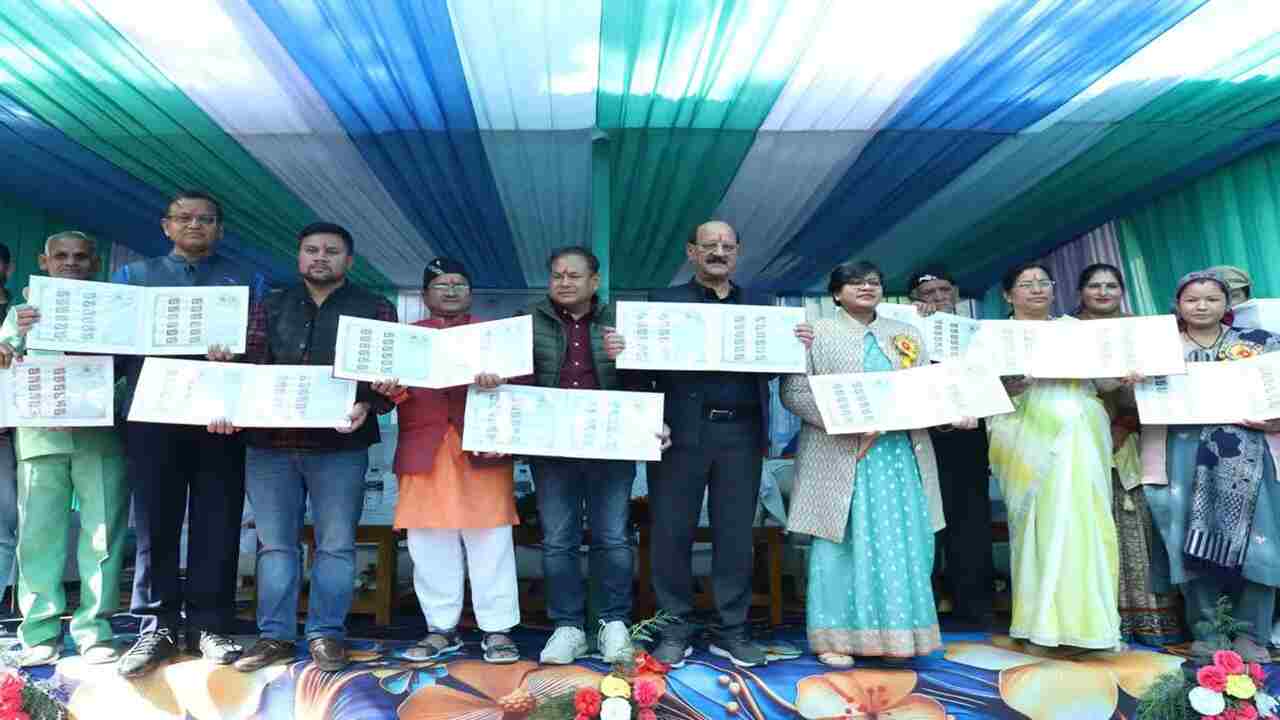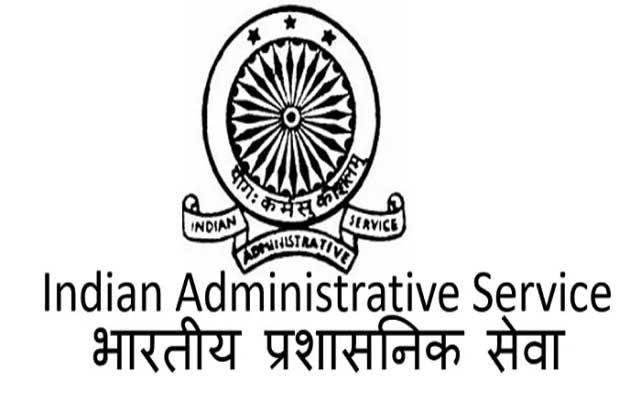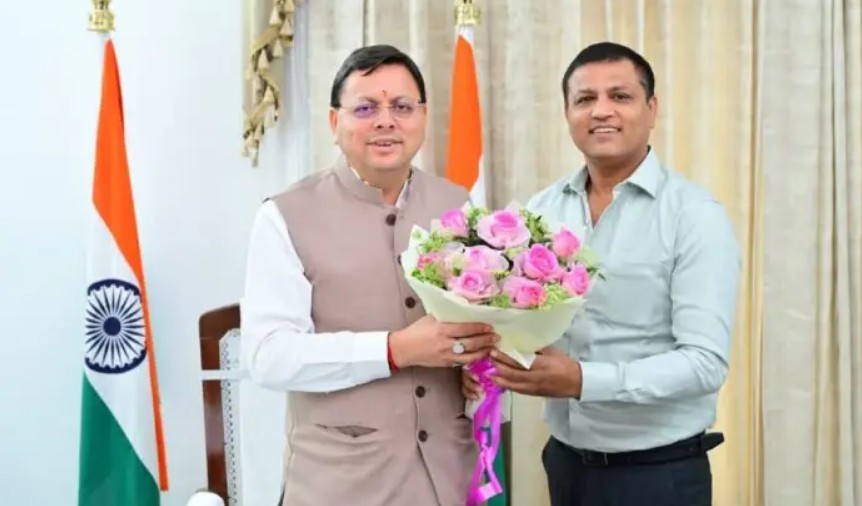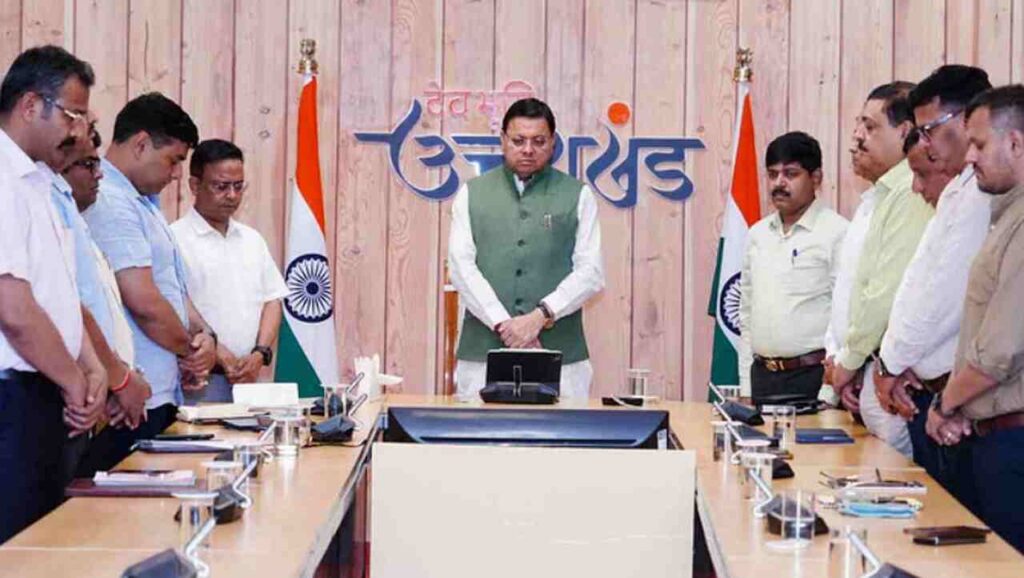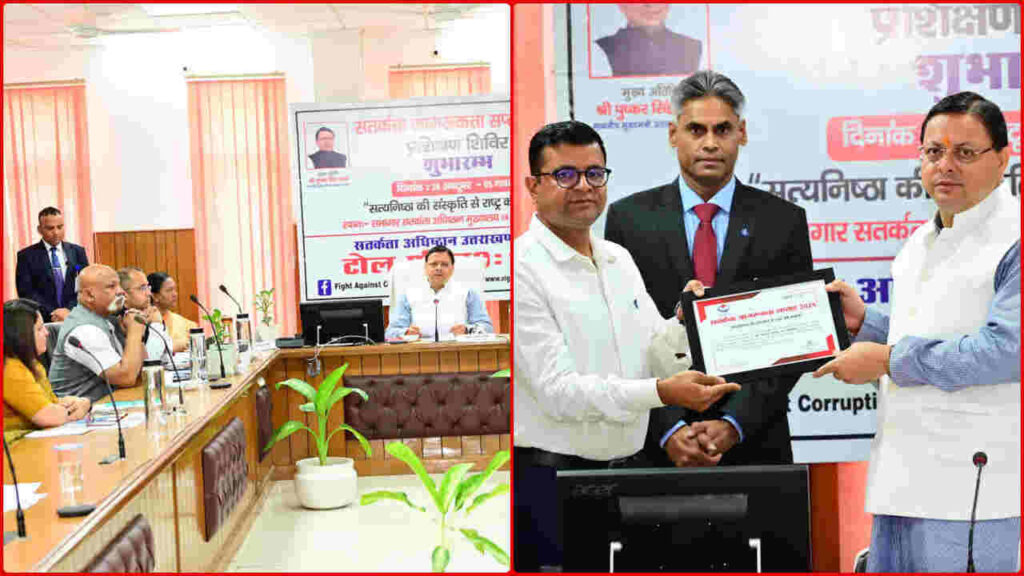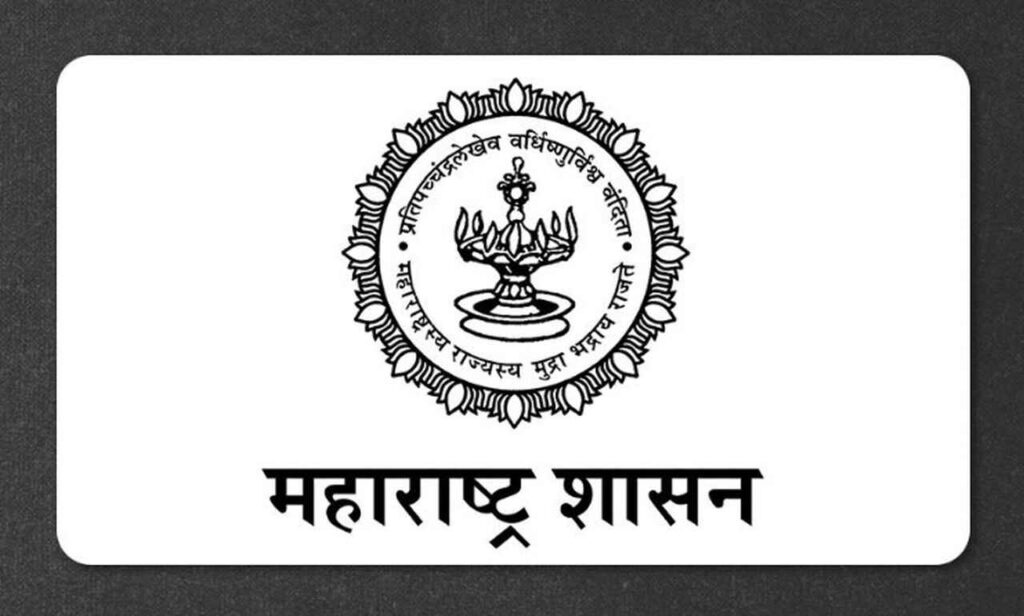Chamoli: Today marks the 100th birth anniversary of the late Gaura Devi, the pioneer of the Chipko movement for the nation and the world. A day-long program focused on environmental conservation was organized in Raini village on Saturday to commemorate Gaura Devi’s birth centenary. The program was organized under the auspices of the Nanda Devi National Park.
The main objective of the program was to commemorate Gaura Devi’s 100th birth anniversary and to release the Customized My Stamp and Special Cover issued by the Indian Postal Department in her honor, as a heartfelt tribute to her.
Cabinet Minister Subodh Uniyal was present as the chief guest at the event. On this occasion, Mahila Mangal Dals from Lata and Raini villages presented cultural performances based on the Chipko movement theme, conveying the message of nature conservation and environmental awareness.
Chandra Singh Rana (son of the late Gaura Devi) shared memories of his mother. Minister Subodh Uniyal paid tribute to the late Gaura Devi, calling her a symbol of environmental protection. He said that Gaura Devi’s struggle teaches us that even ordinary citizens can make an unprecedented contribution to environmental protection.
Minister Subodh Uniyal said that she inspired people to save not only the forests of her village, Pagraini (Reni), but also the forests of Uttarakhand and the entire country. The message of “Save Forests, Save Lives” is as relevant today as it was during the Chipko Movement.
On this occasion, MLA Lakhpat Singh Butola said that the courage displayed by Gaura Devi and the women of Reni village during that period was not just a struggle to save trees, but a movement to protect their rights, their ‘Haq-Hukooq’ (rights), and the future of their future generations.
Chief Conservator of Forests and Wildlife Warden, Uttarakhand, Ranjan Kumar Mishra, provided information about the Forest Department’s various public-participation schemes and efforts to prevent human-wildlife conflict. He commended the ongoing forest-people cooperation efforts in the villages of the Nanda Devi region and urged public representatives and villagers to further strengthen the participatory conservation model so that future generations can also benefit from a clean environment.


